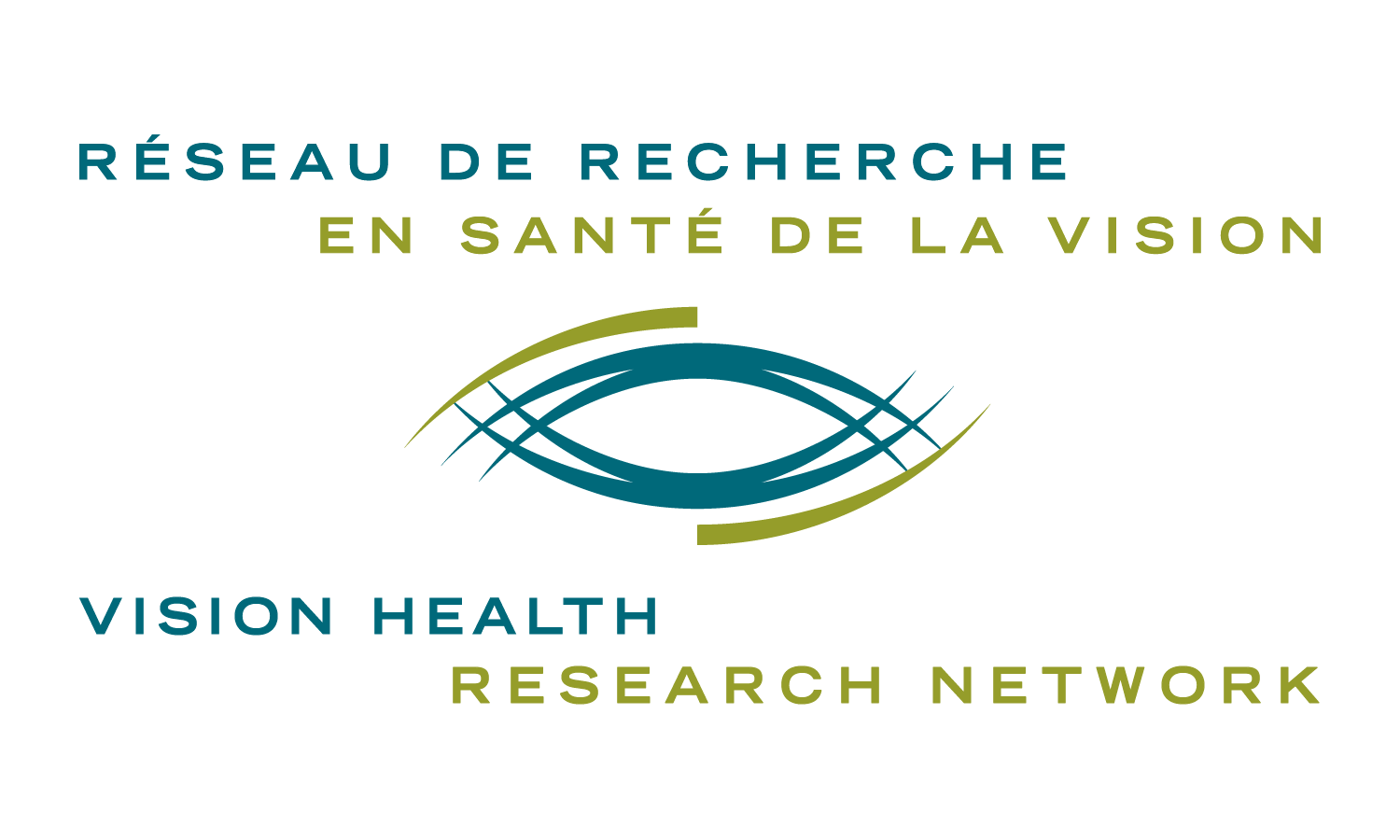Biographie / Biography
My research background in neuroscience and postdoctoral training in vascular biology allow me to bridge the gap between these two disciplines, through a solid foundation in anatomical, physiological, biochemical and genetic approaches. I have developed a unique expertise focused on elucidating mechanisms of cerebrovascular plasticity and neurovascular interactions in health and disease. The brain, which is highly dependent on a steady supply of oxygen and nutrients from the blood stream, is particularly vulnerable to inherited or acquired cerebrovascular conditions. In this context, research goals from my lab include investigating:
- How cerebrovascular networks develop;
- What mechanisms underlie their plasticity;
- How vascular integrity and function are altered in neurological conditions; and
- How targeting cerebrovascular plasticity may offer therapeutic options throughout life. Identifying key cellular and molecular mediators of cerebrovascular health is an essential pre-requisite for developing novel therapeutic strategies.
Presentation
Contributions of Neurovascular Abnormalities to Autism Spectrum Disorders
Baptiste Lacoste, Ph. D.
Development of the central nervous system (CNS) relies on proper maturation of its vascular beds that not only ensure steady supply of oxygen and nutrients, but also support the differentiation of neural progenitors. Alterations in vascular processes during CNS development may have long-lasting neurodevelopmental consequences, but direct evidence supporting this concept is missing. Autism spectrum disorders (ASD) are neurodevelopmental conditions that affect attention, memory, learning, motor coordination, language and social interactions. While the neuronal underpinnings of ASD are being extensively studied, whether vascular deficits play a role in ASD onset and/or progression is unknown. To address this important knowledge gap, we investigated the maturation of cerebrovascular networks in 16p11.2df/+ mice, a robust mouse model of the 16p11.2 deletion ASD syndrome. We also achieved endothelial-specific deletion of the 16p11.2 locus by CRE-mediated recombination under the control of an endothelial promoter (16p11.2EC mice). Using both constitutive and conditional mutants, we quantified neurovascular structure and function in vivo and in vitro, and assessed mouse behavior. We demonstrate that 16p11.2 hemizygosity leads to endothelium-dependent structural and functional neurovascular abnormalities. In 16p11.2df/+ mice, endothelial dysfunction manifested in impaired cerebral angiogenesis at postnatal day (P) 14, and altered neurovascular function at P50. Defective angiogenesis was also confirmed in vitro using primary 16p11.2df/+ mouse brain endothelial cells, and patient-derived endothelial cells from 16p11.2 deletion carriers. We also found that mice with endothelium-specific 16p11.2 deletion partially recapitulated ASD behavioral traits, including locomotor hyperactivity and altered motor learning. Finally, our more recent work demonstrates a similar brain metabolic shift in both 16p11.2df/+ and 16p11.2EC mice. By revealing that endothelial 16p11.2 homozygosity is required for normal CNS maturation and function, our findings identify endothelial cells as substantial players in ASD.


